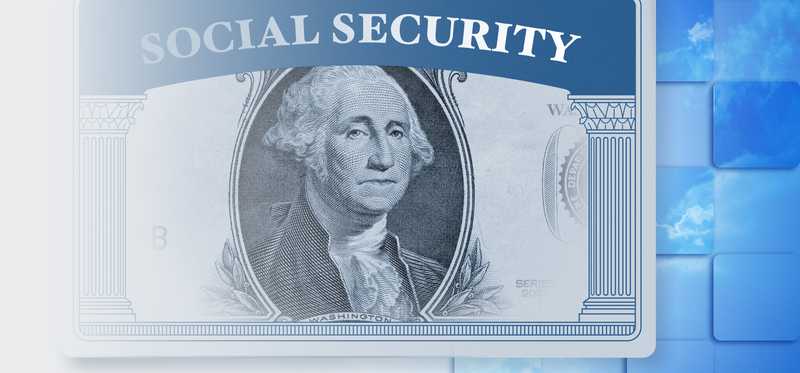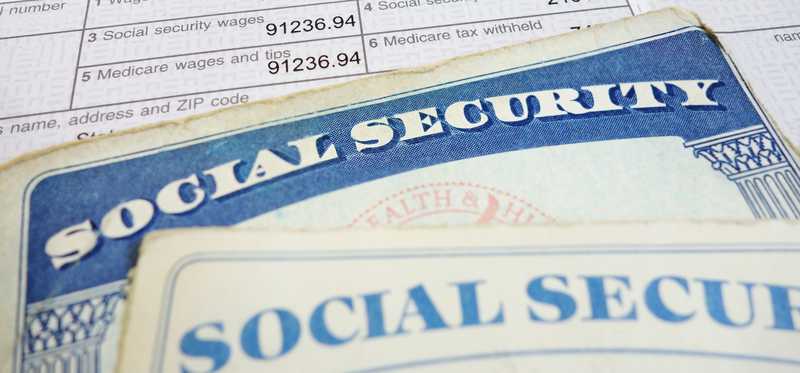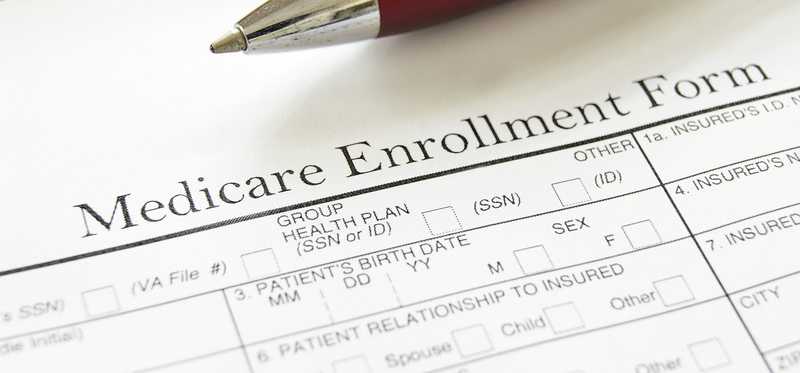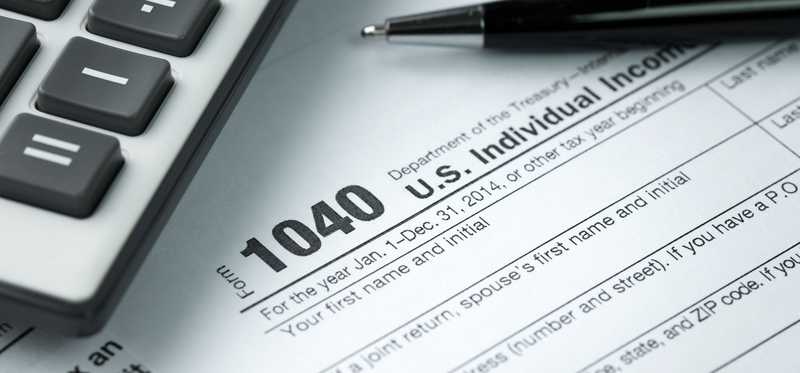6 Tax Surprises New Retirees Face

6 Tax Surprises New Retirees Face
Getting rid of some of that "surprise" factor
Once you retire, your paycheck stops. That’s the biggest and most obvious financial change that’s heading your way as you stop working. Beyond that adjustment, however, retirees face a myriad of other financial changes, many of which are tax related.
Some of those changes turn out to be pleasant surprises, while others might throw you for a loop if you’re not prepared for them. With that in mind, here are six tax surprises that new retirees face.
ALSO READ: Retirees Will Sped a Third of Their Social Security on This One Big Expense
Previous
Next

No. 1: You stop paying Social Security payroll tax on your income
As of 2019, you will pay 6.2% of your salary and your employer will kick in another 6.2% of your salary to Social Security, for the first $132,900 you earn. If you’re self-employed, you’re responsible for all 12.4% of that particular tax.
The benefit retirees see is that particular Social Security tax is only levied on compensation-style income -- wages and self-employment income. Once you stop drawing a paycheck, you stop paying that tax. This can be a huge benefit for retirees, as the Social Security tax starts with your first dollar earned.
Previous
Next

No. 2: You may start paying taxes on your Social Security benefits
On the flip side, once you start collecting Social Security, that money will be considered income to you. Depending on your “combined income” -- your Adjusted Gross Income plus your non-taxable interest income plus half your Social Security income -- your Social Security benefit may be taxed.
If you’re married filing a separate return, you will likely pay taxes on your Social Security income no matter what your overall benefits are. If you’re single, up to 50% of your Social Security income is taxable starting at $25,000 in combined income and up to 85% of it is taxable starting at $34,000. If you’re married filing jointly, up to 50% of your Social Security income is taxable starting at $32,000 and up to 85% of your Social Security income is taxable starting at $44,000 of combined income.
Previous
Next

No. 3: You stop paying Medicare payroll taxes on your income
Medicare taxes are 1.45% of your wages for you and 1.45% of your wages for your employer, with no limit on your income. If you earn at least $200,000, your employer will withhold an additional 0.9% Medicare tax on your earnings, as well, though the actual income level where that tax kicks in depends on your filing status.
Like the Social Security payroll tax, the Medicare payroll tax starts at your first dollar earned, but it goes away once you stop earning compensation-style income. Note, however, that if your investment income is high enough, you will be subject to a Net Investment Income Tax of 3.8% that replaces that Medicare and Additional Medicare tax.
ALSO READ: 3 Dividend Stocks Perfect for Retirees
Previous
Next

No. 4: Your standard deduction increases once you reach 65
Once you’re 65 or older, your standard deduction increases. If you’re single, it goes up by $1,600, and if you’re married filing jointly, it increases by $1,300 for each member of the couple that has reached that milestone. These increases hold true even after considering the increases in the standard deduction that came about as a result of the Tax Cuts and Jobs Act that was passed in late 2017.
Note that this is an age based tax adjustment, which means you will benefit from it once you’re 65, regardless of whether you’ve retired or are still bringing in a paycheck.
Previous
Next

No. 5: You may qualify for a homestead exemption on your property taxes
Many states and communities offer seniors a homestead exemption that lowers the property taxes those seniors face. The amounts differ by state, and often by community within those states, and you frequently need to apply at your local taxing authority in order to qualify.
In a typical homestead exemption, the taxable value of the senior’s home is reduced by some amount, thus reducing the total tax the senior pays. So for example, assume your home is valued at $200,000 and you face a 2.5% tax on that amount. Without the exemption, you’d face a $5,000 property tax bill. If your community offers a $25,000 exemption, your property tax bill would be based on a modified value of $175,000, and thus you’d only face a $4,375 bill.
Previous
Next

No. 6: You may see your taxes and other costs increase as a result of RMDs
Once you attain age 70.5, you are generally required to tap your nest egg and take distributions from most qualified retirement plans. These distributions, known as required minimum distributions, depend on your age and the value of your accounts on Dec. 31 of the year prior to the distribution. From traditional-style retirement accounts, those distributions generally represent taxable income, which you’ll have to receive whether you need to spend the money or not.
In addition to the taxes on your RMDs, the fact that the RMDs increase your taxable income has implications on your Social Security and Medicare as well. As mentioned in No. 2 above, if your income gets high enough, up to 85% of your Social Security benefits can be taxable. In addition, your Medicare Part B premiums are based on your income. In 2019, the standard Medicare Part B premium will be $135.50 per month, but it can get as high as $460.50 if your income gets high enough.
ALSO READ: 1 in 6 Retirees Is a Millionaire. Here's How You Can Be One of Them
Previous
Next

Know what you’re getting into to maximize your retirement
Once you retire, both your income and your tax situation will change. If you understand what you’re getting into before you call it quits, you can better assure you’re prepared for those changes. Work them into your end to end plan before you retire, and you can improve your chances of maximizing the value you get out of the money you take with you into and throughout your retirement.
The Motley Fool has a disclosure policy.
Previous
Next
Invest Smarter with The Motley Fool
Join Over Half a Million Premium Members Receiving…
- New Stock Picks Each Month
- Detailed Analysis of Companies
- Model Portfolios
- Live Streaming During Market Hours
- And Much More
READ MORE
HOW THE MOTLEY FOOL CAN HELP YOU
-
Premium Investing Guidance
Market beating stocks from our award-winning service
-
The Daily Upside Newsletter
Investment news and high-quality insights delivered straight to your inbox
-
Get Started Investing
You can do it. Successful investing in just a few steps
-
Win at Retirement
Secrets and strategies for the post-work life you want.
-
Find a Broker
Find the right brokerage account for you.
-
Listen to our Podcasts
Hear our experts take on stocks, the market, and how to invest.
Premium Investing Services
Invest better with The Motley Fool. Get stock recommendations, portfolio guidance, and more from The Motley Fool's premium services.